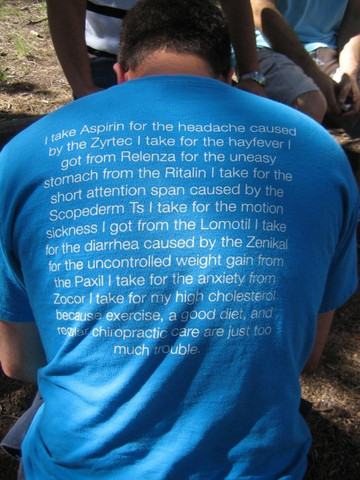Recommended Answers
Jump to PostIt's already legal. We euthanize animals all the time. Be more specific and show us that you have put some thought into the matter.
Jump to PostShouldn't everyone have the right to decide on their own death?
Banning doctors from helping patients who no longer wish to live, or worse forcing those doctors to prevent their patients getting a clean and quick death, is effectively a violation of peoples' human rights and declares "you don't own …
Jump to PostWhat you call "assisted suicide" is what is usually termed euthanasia when done by medical professionals.
That is completely false. If a doctor (or anyone for that matter) kills a person without express consent it is called murder. If it is done with express consent it is called …
Jump to PostThat depends on your jurisdiction no doubt.
Good point. I think by most standards, Europe is far ahead of Canada and the US on developing policy.
It would be somewhat alleviated by requiring the authorisation to perform the lethal procedure be granted by a professional from another …
Jump to PostThis happened to my uncle not too long ago. He chose to die. I must say, it was very impressive to hear someone say that. And then, all respect to the nurses who arranged and executed his wish.
All 20 Replies





We're a friendly, industry-focused community of developers, IT pros, digital marketers, and technology enthusiasts meeting, networking, learning, and sharing knowledge.
